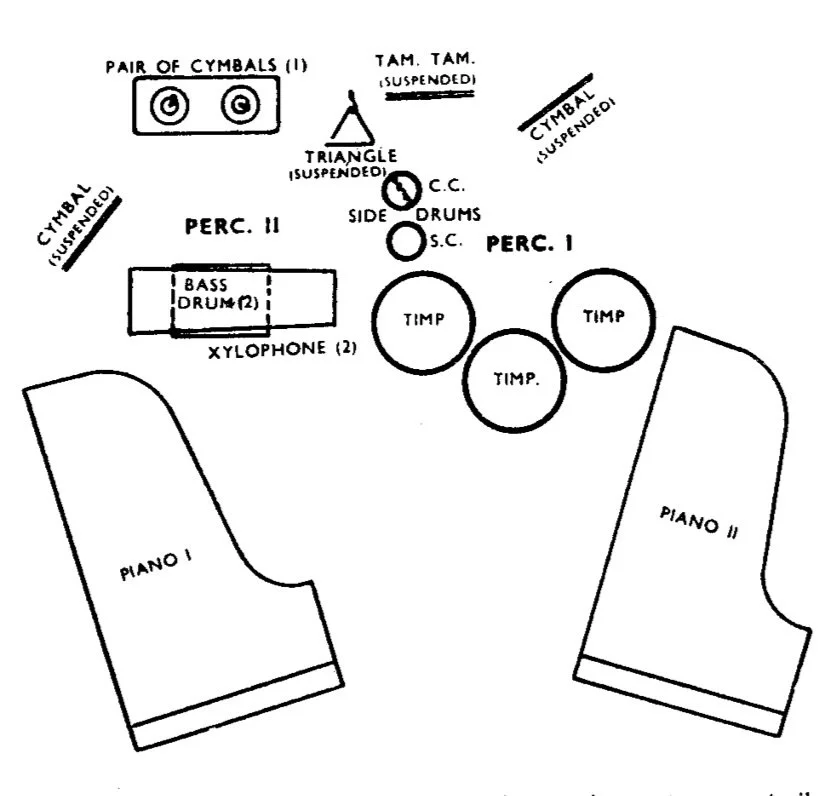REVIEW: Imani Winds Debut at 92NY
Above photo by Shervin Lainez
November 2, 2023
Imani Winds has been making a case for the enduring relevance of the woodwind quintet for 27 years. But the twice Grammy-nominated group hadn’t performed at 92NY until now, joined on this occasion by pianist Terrence Wilson, buttressing two French classical works with Latin American music rooted in dance. It was a nicely balanced evening.
Cuban composer Paquito Rivera’s La Fleur de Cayenne opened the concert. Based on the joropo, the national dance of Venezuela, it was rousing and colorful, in a jazzy minor mode. Originally composed for solo flute and piano, this version, as with the similar works to follow, require the wind players to be rhythm section, too, filling in for percussion, piano, guitar, or accordion. And rhythm is clearly at the core of Imani’s strengths.
Argentine composer Lalo Schifrin (who achieved immortality, if not fame, when he penned the theme song for the TV series Mission: Impossible) takes the listener to 1920’s Paris and New Orleans in La Nouvelle Orleans. The first half recalls Stravinsky, the march-like groove tightly focused, each player digging into bursts of virtuosic flourishes. The piece builds until it explodes into a Crescent City-inspired dixieland. Mark Dover’s bluesy clarinet solos and Monica Ellis’s sousaphone-esque fills conjured a New Orleans jazz funeral, only topped by Toyin Spellman-Diaz’s shape shifting oboe. Miraculously shedding the trappings of orchestral oboe technique, Spellman-Diaz played her instrument with the flexibility of a great jazz singer.
Piazzolla’s Oblivion, the quintessential nuevo tango (his proprietary blend of Argentine tango with elements of jazz and classical), in an arrangement by Imani’s former horn player Jeff Scott, and Brazilian composer Marcelo Zarvos’s “Quase Choro” (the third movement from a larger work Changes) — much of which could be mistaken for the music Darius Milhaud — rounded out the “crossover” segments on the program.
It was the fivesome’s collaboration with Wilson on the piano, in a pair of Sextets by Louise Farrenc and Francis Poulenc, written some 80 years apart, that formed the bedrock of the evening.
Farrenc has been making a comeback. A French pianist and composer of the Romantic era, she persevered through her day’s entrenched gender inequalities to become the only woman to hold the position of Professor of Piano at the Conservatoire de Paris in the 19th Century. Her Sextet in C Minor for Winds and Piano, Op. 40, meets every expectation one would have of a sonata-form chamber work in 1852, with an elegance of craft rivaling that of her more famous peers, such as Mendelssohn.
Louise Farrenc
Wilson has fingers like pistons, and he tackled the piano part’s undulating sixteenth-note patterns (which involve all manner of arpeggios and scales, including scales in thirds) with the accuracy of a machine. Farrenc’s subtle sentiments might have afforded a more sensitive, flexible interpretation, and with the piano’s lid completely open, the wind instruments were frequently buried in the soundscape.
Still, the slow movement, “Andante sostenuto,” was arresting, with especially refined interplay between flutist Brandon Patrick George — who frequently serves as concertmaster and has a suave, warm timbre — and oboe and clarinet. Horn player Kevin Newton has a rounded, heartfelt tone, serving as the glue that holds the variety of instruments together, at times too politely.
Terrence Wilson. Photo by J. Henry Fair.
The better known Sextet of Poulenc from 1931-32 was more convincing, its acerbic neoclassicism benefitting from Wilson’s brittle precision. The first movement, spiky and full of ironic dissonance, unfolded like the dialogue at a cocktail party. The Finale featured impressive virtuosity from each player; Poulenc gives the horn player some especially perky moments.
The middle movement, “Divertissement,” is quintessential Poulenc, beginning reflectively in the oboe. The strain of melody is taken over by the other instruments, until we hear what evokes a flashback to a more innocent time. The movement turns wistful, almost regretful, before resolving sweetly. Wilson let his guard down a little, indulging in just a touch of romanticism in the lyrical passages. The movement could stand even more generous give and take, especially since the Imani Winds are an ensemble fully engaged in the present, and surely have something to say.
***
Next at 92NY:
Brooklyn Rider with Anne Sofie von Otter / Songs of Love and Death (music by Schubert and Rufus Wainwright)







